Science of Indian Herbs (For Good Health)
Lack of Physical Labour Mental Stress Negative Thinking Imbalanced lifestyle unnatural diets and dilution of life-sustaining natural processes has led to the scary rise of cancer heart problems diabetes, high blood pressure and obesity all over the world nature sustains life.
It has cure for all kind of diseases, afflictions mankind is grappling with. In the absence of much integrated knowledge available about these natural remedies people are unable to make good use of the herbal treasure India is endowed with. Honourable Acharya Balkrishna Ji has worked hard over the years travelling into the deep forests mountain ranges and tribal areas of India and also abroad collecting and collating information about many of these herbs including their photographs and knowledge of their medicinal uses.
Science of Indian Herbs for Good Health based on research and experience-based traditional knowledge of herbs and their medicinal usage, shall prove to be a significant contribution towards the well-being of the humanity at large. It is a major work making kbowledge of rare herbs easily accessible to all.
My blessing are with the Ayurved Exponent and scholar Acharya Balkrishna Ji! I think him and applaud him for tireless and exemplary work he has done over the years for the promotion and preservation of Ayurved and Vedic traditions.
Preface
Ayurveda is an evidence-based medicinal system among all the ancient medicinal systems of the world, which is mainly based on plants. The world's ancient scriptures like Rigveda and Atharvaveda mention quite descriptive and authentic information about the medicinal plants found in forests. In ancient times, great sages like Charak, Sushruta and Dhanvantari etc. have contributed enormously to the development of Ayurveda by establishing it as a systematic, evidentiary and science- based system of medicine. Among the several herbal- based medicinal systems prevalent all over the world, the discipline of Ayurveda is not only medical science, but its medicinal principles are also quite profound and comprehensive that remain relatively useful even after thousands of years.
At present, various research studies have been conducted in the medical sector and medical science has also achieved several new accomplishments. Despite all this, the world's largest part of the population still relies only on plant-based medicinal systems. According to the 'World Health Organization', even today, around 75- 80% of the population is using medicinal plants-based methods either partially or fully and getting benefited from the good results of herbal medicine as compared to modern medicine in the treatment of several diseases related to heart, kidney and liver, etc.
Since ancient times, India has been a land of agriculture and well-learned sages. These sacred sages continued to conduct constant research studies in the field of medicine which benefited the general public at large. Ayurveda provided scientific classification and nomenclature for medicinal plants found in forests, by segregating them into different kinds and categories so that people could be benefited from easy plant identification and medicinal usage. With such methods, the medicinal use of plants remained prevalent among small village populations as well as royal households for the larger benefit of the whole of mankind. Among the several research studies conducted in the field of Ayurveda at different times, the priority for treatment has been given to plant-based medicine over animal-based medicinal substances, oceanic substances, and mineral substances along with various types of techniques like Panchakarma, Shatkarma, Agnikarma etc.
In India, Ayurvedic medicinal practices had profoundly affected the general public's mind in such a way that even after the existence of several ancient medicinal systems, the reverence and firm belief of most people in plant-based medicine is still visible in an intact form. A vast repository of experiences from traditional herbal medicine is still found in rural and tribal areas of the country, but satisfactory measures have not been taken so far to protect this intellectual wealth of traditional knowledge. The need for the compilation of a book was realized to fulfil this lacuna, as a result of which the book Secrets of Ayurvedic Herbs was written. Although, its first edition was published in 2005 and after that several other editions have been published. But, after realizing its popular acceptance by the readers, it is being republished in this refined and revised form.
Get it now and save 10%
BECOME A MEMBER
-
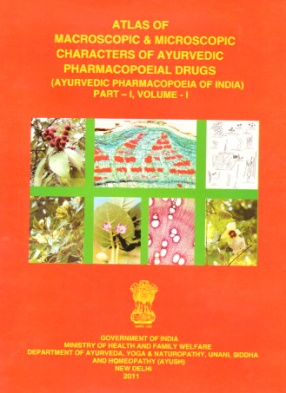
Atlas of Macroscopic & Microscopic Characters of Ayurvedic Pharmacopoeial Drugs: Ayurvedic Pharmacopoeia of India, Part-I, Volume I
-
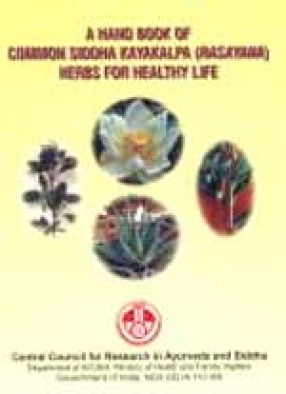
A Hand Book of Common Siddha Kayakalpa (Rasayana) Herbs for Healthy Life
-

Field Manual on Herbarium Techniques
-
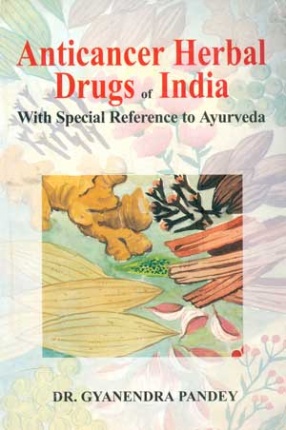
Anticancer Herbal Drugs of India: With Special Reference to Ayurveda

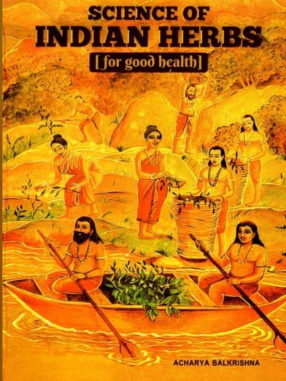

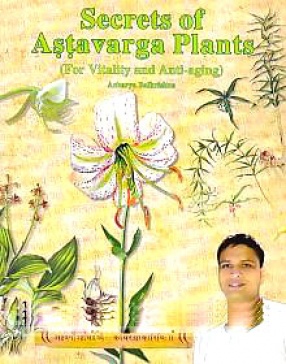
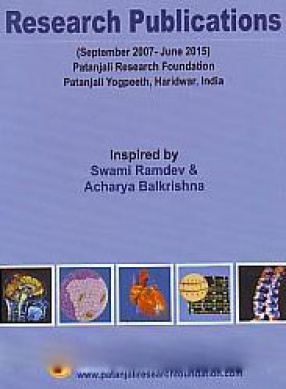
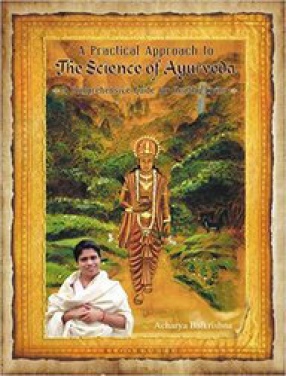

Bibliographic information